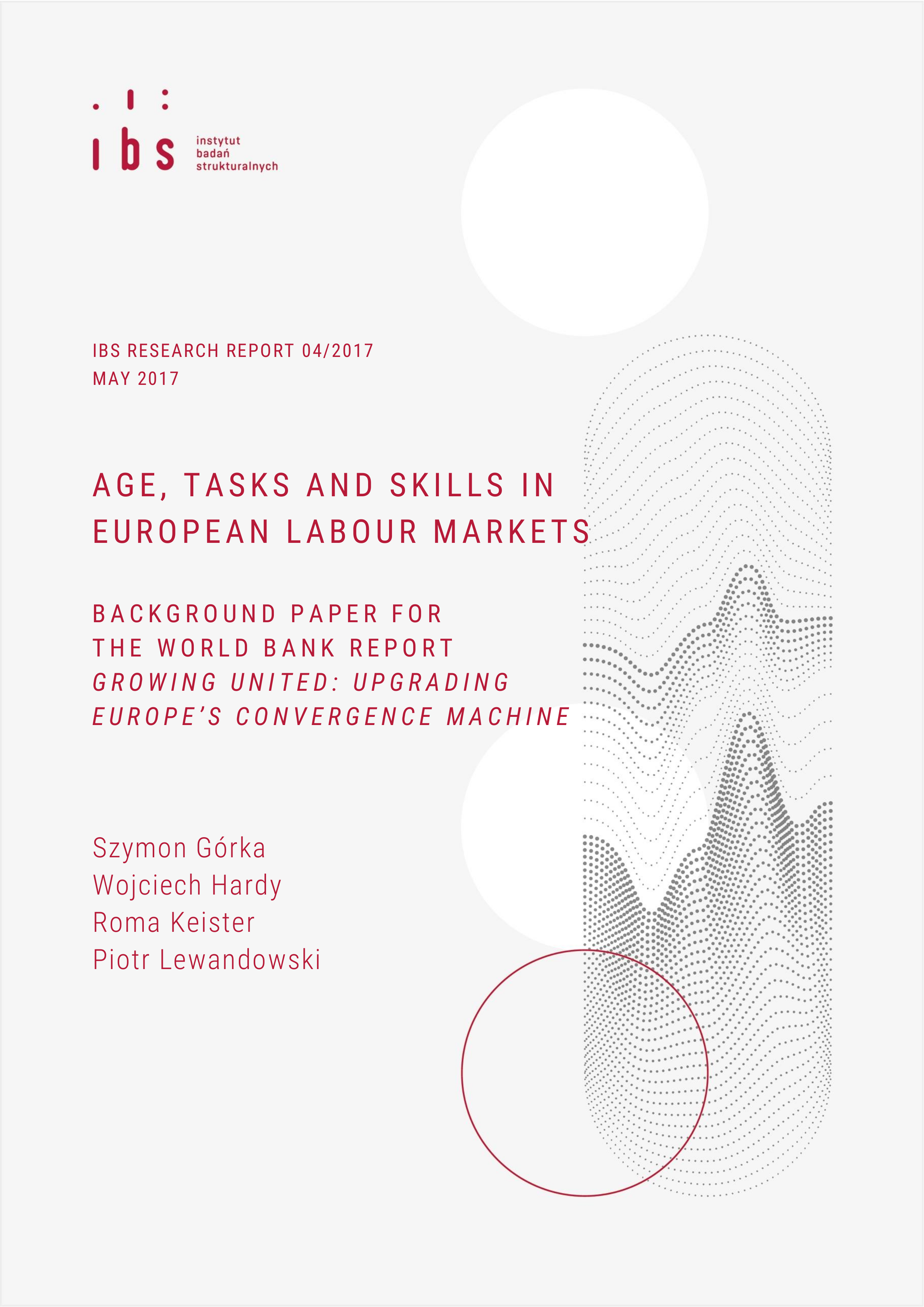There are important intergenerational differences behind aggregate shifts away from manual jobs towards cognitive jobs, and away from routine work towards non-routine work. We study these age and cohort patterns in tasks and skills in European countries. Changes in the task composition were happening much faster among workers born in the 1970s and 1980s than among those born before 1970. The most routine occupations aged faster, while the least routine jobs slower than the average. Changes in the cohort-specific growth in the intensity of non-routine cognitive tasks and in the decline of the intensity of manual tasks can be attributed to changes in workforce upgrading – the rise in tertiary attainment was embodied in younger cohorts. By the 2010s, older workers across Europe were significantly less likely to be highly proficient in various skills, and significantly more likely to have low proficiency. These effects were visible among workers as young as 45 years, and were the most pronounced in the case of problems solving skills.

This background paper was prepared for the 2018 World Bank Report “Growing United: Upgrading Europe’s Convergence Machine”. The findings, interpretations, and conclusions in the background paper are those of the authors, and do not necessarily represent the views of The World Bank and its affiliated organizations. This paper uses Eurostat data and OECD data. Eurostat and OECD have no responsibility for the results and the conclusions, which are those of the authors.
Institute for Structural Research (IBS), Faculty of Economic Sciences and Digital Economy Lab (DELab), University of Warsaw

